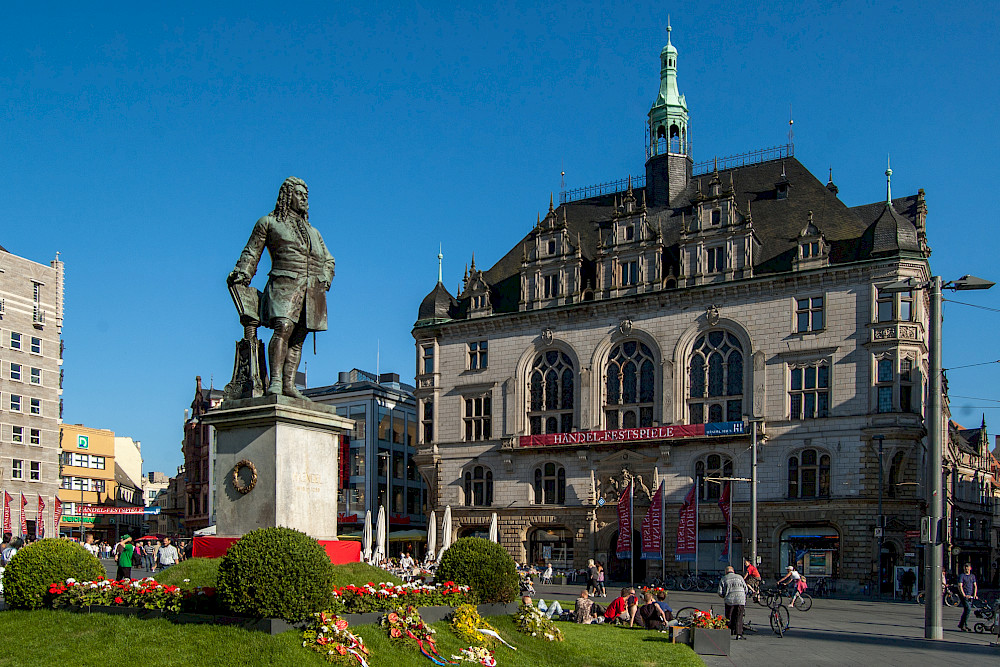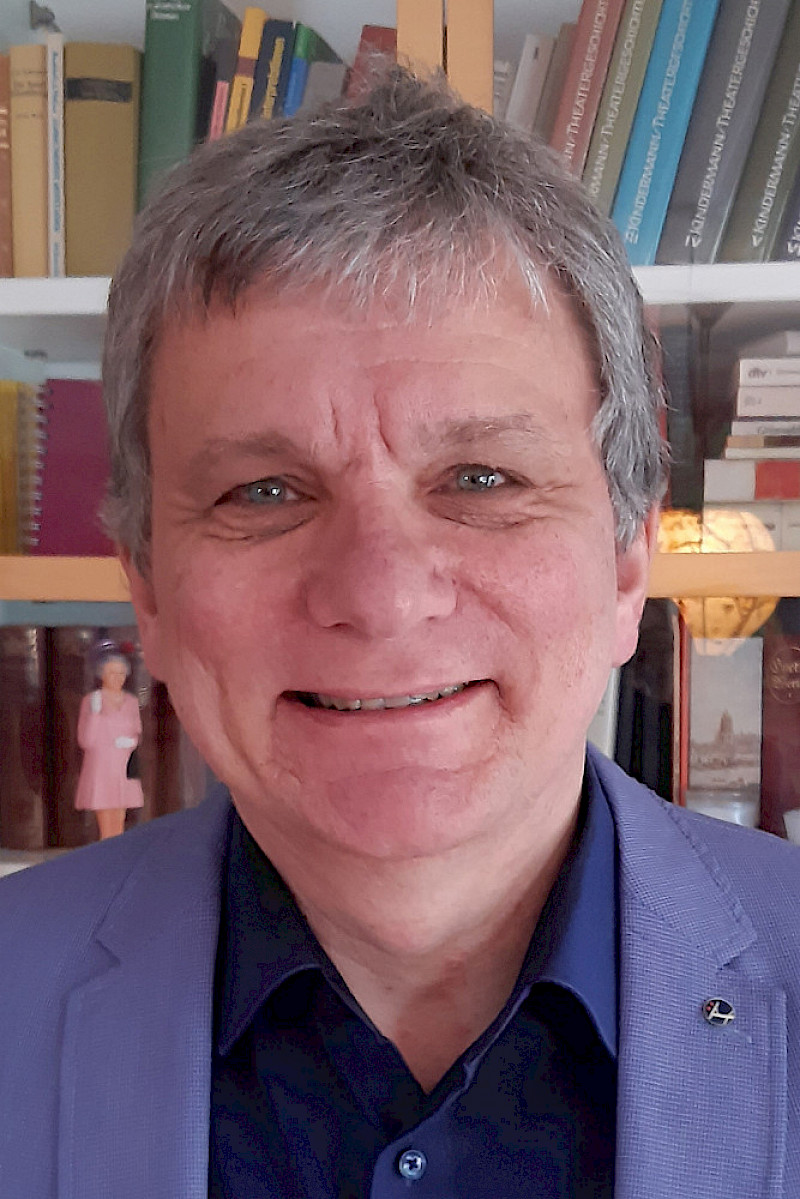Genius? Plagiarist? Or both?

Handel’s so-called “borrowings” can be found in all his groups of works and a large number of pieces from a wide variety of origins. The maestro not only used music by other composers, but reused also his own works. In fact, the numerous borrowings from other artists are most probably outweighed by an even larger number of segments borrowed from his own creations. It is also an indisputable fact that such borrowings were not uncommon in Handel’s time.
As an illustrative example of his free use of material composed by other musicians, it is worth citing a few works by Georg Philipp Telemann. His music was a frequent source of inspiration for Handel. You can get a lasting impression of the extent of his borrowings by comparing “Postillons” from Telemann’s Musique de table with the sinfonia in the second act of Handel’s three-part oratorio Belshazzar. It doesn’t take a musically trained ear to notice the striking similarity between the two pieces. That would be a clear case of plagiarism by today’s standards.
And even Handel’s contemporaries would occasionally criticise his methods. He was confronted with a number of accusations during his lifetime, above all from his fellow composer Johann Mattheson in Hamburg, who openly used the word “plagiarism” in a letter. There is a suspicion that Handel therefore tended to use the material of musicians who were less well known in Great Britain, which would make it easier to disguise his free exploitation of other people’s works. For example, this applies to his older colleague Reinhard Keiser, a German opera composer in whose orchestra Handel played as a young man at the “Oper am Gänsemarkt” in Hamburg.
Ever since Handel’s tendency to borrow and adapt material became part of the academic discourse in the 19th century, scholars have attempted to find explanatory and evaluative approaches to this compositional practice, ranging from the defence of the genius to his condemnation as a plagiarist. The experts have always taken a completely different view of the matter.
For a long time, established musicologists refused to call Handel’s practice plagiarism and coined the term “borrowing” instead, arguing that Handel, an original genius, had merely taken the works as a basis and made something completely different and magnificent out of them. In doing so, he was said to have refined the original works and upgraded them to a new level of quality.
However, recent research has favoured a more neutral approach which first attempts to gain an overview of his various reworking methods and their respective scope and character. This research is far from over. There might not even be an end to it. But at least there is now a large collection of evidence that facilitates a systematic approach to the phenomenon.
Finally, it should be noted that although Handel liked to be “inspired” by other composers, he himself was far from amused when other musicians gave him a taste of his own medicine. He even had the royal privilege of having his works published and printed exclusively – arguably in an attempt to monitor such thievery.
In summary, it may be said that Handel fed off his contemporaries like hardly any other composer of his era. He is the embodiment of the argumentative tension created by the clash between the claim to originality and the practice of borrowing within the artistic creative process.
In this discussion, it is also important to further systematise the academic contributions on the topic and encourage further research into the practice of borrowing, as there is still a wealth of knowledge to be unearthed on this phenomenon.
The international research community made a step in the right direction in 2017 when 50 musicologists from around the world attended a conference at the University of Halle to discuss whether Handel was an original genius or a plagiarist, focusing on his compositional method and its interpretations. Those who attended the conference realised that the practice of borrowing is so diverse that it is difficult to devise a systematic approach.
If we want to gain a better understanding of Handel’s practice, we also have to deal with the historical and theoretical foundations of artistic creation. An important concept in this regard is that of the “original genius”, whereby musical creation in the 19th century and beyond was envisaged as a process by which a composer “received” and wrote down a melody out of nowhere – as if by natural or divine inspiration and purely with the power of invention or imagination – and the ideas were then transformed into works of art in an equally direct creative process. This idea was characteristic of people’s perception of Handel and only began to falter in the later 19th century when they became aware of the large extent to which he had based his own creations on the works of other composers.
Whatever conclusions may be drawn from further research into the topic, I will not waver in my appreciation of Handel’s tremendous talent. Yes, he made use of other people’s material, but it was only with his pen that the borrowings became merged into a whole new finished artwork and became what they are to this day: great music!
Professor Wolfgang Hirschmann has been teaching historical musicology at the MLU since 2007. His main research interests include Handel and Telemann, the history of music in the 17th and 18th centuries, and edition philology. Since 2009, the scholar has been the president of the George Frideric Handel Society, an international association based in Halle that was founded in 1955.
Professor Wolfgang Hirschmann
Institute for Music, Media and Speech Studies
Telephone: +49 345 55-24550
Mail: wolfgang.hirschmann@musikwiss.uni-halle.de

